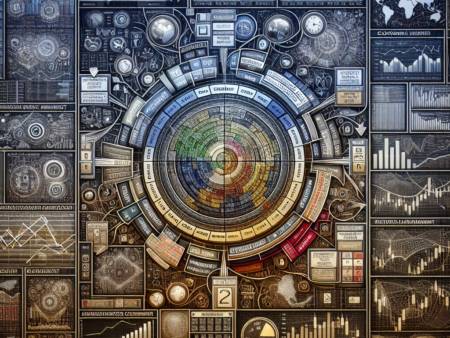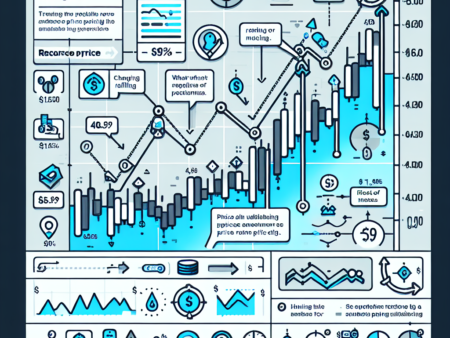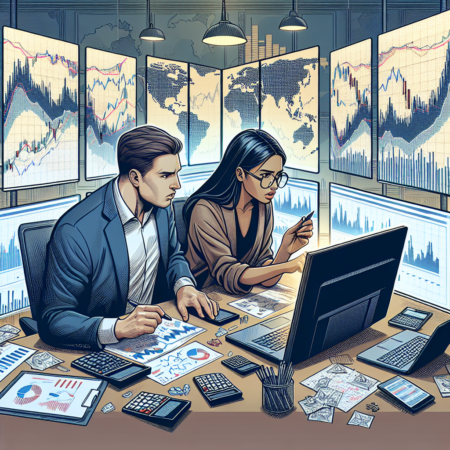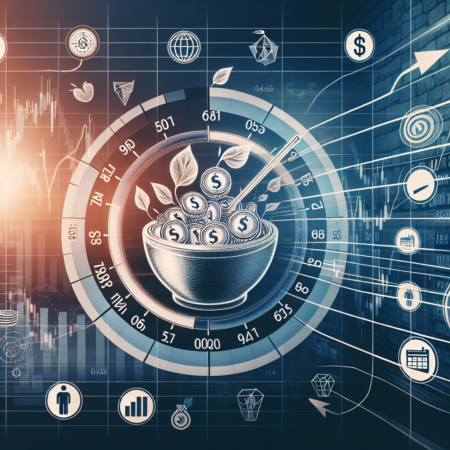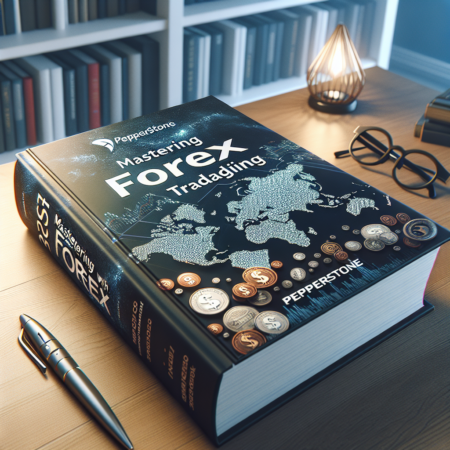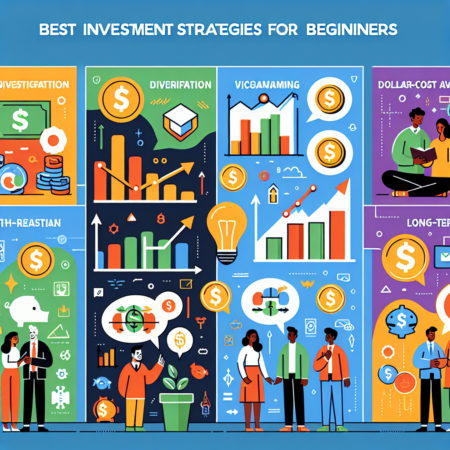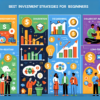How Artificial Intelligence is Changing the Landscape
Introduction: The Intersection of AI and Trading
Artificial Intelligence (AI) is transforming numerous industries across the globe, and the world of trading is no exception. This article explores how AI is revolutionizing trading strategies and what it means for the future of the financial markets.
The Role of AI in Trading
AI enables the automation of trading strategies, data analysis, and decision-making processes, providing traders with enhanced accuracy, efficiency, and productivity. AI systems are capable of analyzing vast amounts of data at incredible speeds, identifying patterns and trends that may be difficult for human traders to spot.
1. Automated Trading
AI-driven algorithms can execute trades automatically based on pre-set rules and criteria. These algorithms can monitor multiple market indicators and execute trades when specific conditions are met, significantly reducing the risk of human error and emotional decision-making.
2. Market Analysis
Through machine learning and data mining, AI can analyze historical and real-time market data to identify trends, patterns, and correlations. This in-depth analysis can provide valuable insights to inform trading decisions and strategies.
3. Predictive Analytics
AI systems can use predictive analytics to forecast future market movements based on historical data and statistical algorithms. These predictions can aid traders in making informed decisions about when to buy or sell assets.
4. Risk Management
AI can also contribute to effective risk management by identifying potential risks and suggesting suitable mitigation strategies. This can help traders safeguard their investments against adverse market movements.
The Future of AI in Trading
As AI technologies continue to evolve, their impact on trading is expected to grow. Advanced AI systems may soon be able to manage entire portfolios, develop sophisticated trading strategies, and enhance risk management processes, paving the way for a new era in trading.
FAQ – Frequently Asked Questions
- What is automated trading?
- Automated trading involves using AI-driven algorithms to execute trades automatically based on pre-set rules and criteria.
- How does AI help in risk management?
- AI can identify potential risks and suggest suitable mitigation strategies, helping traders safeguard their investments.
Conclusion
The integration of AI into the trading landscape is paving the way for a more efficient, data-driven approach to trading. As these technologies continue to evolve, they are likely to bring significant changes and opportunities in the world of trading.
Disclaimer
The information provided in this article is for informational purposes only and should not be construed as financial or investment advice. It is always recommended to conduct thorough research and consult with a professional advisor before making any investment decisions.

